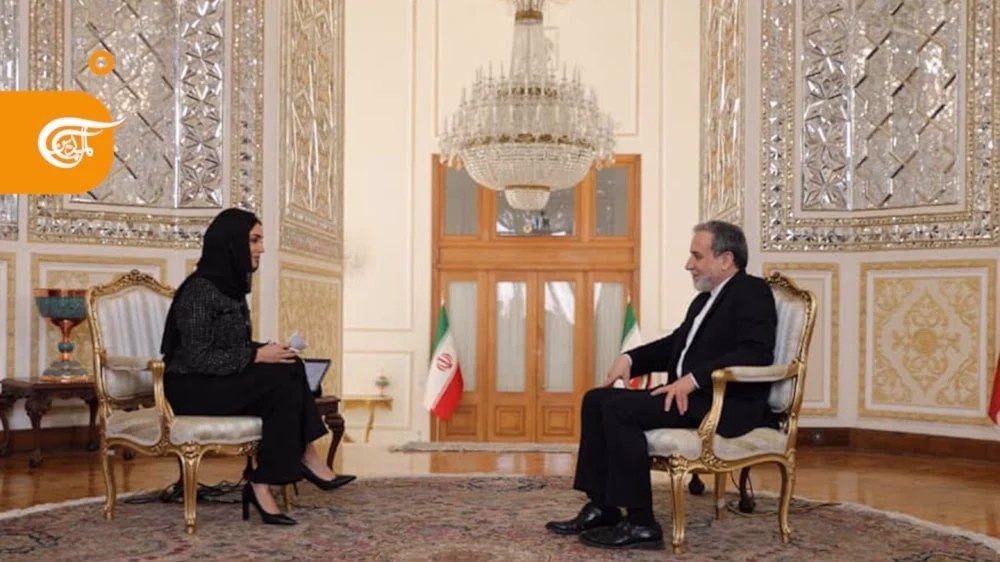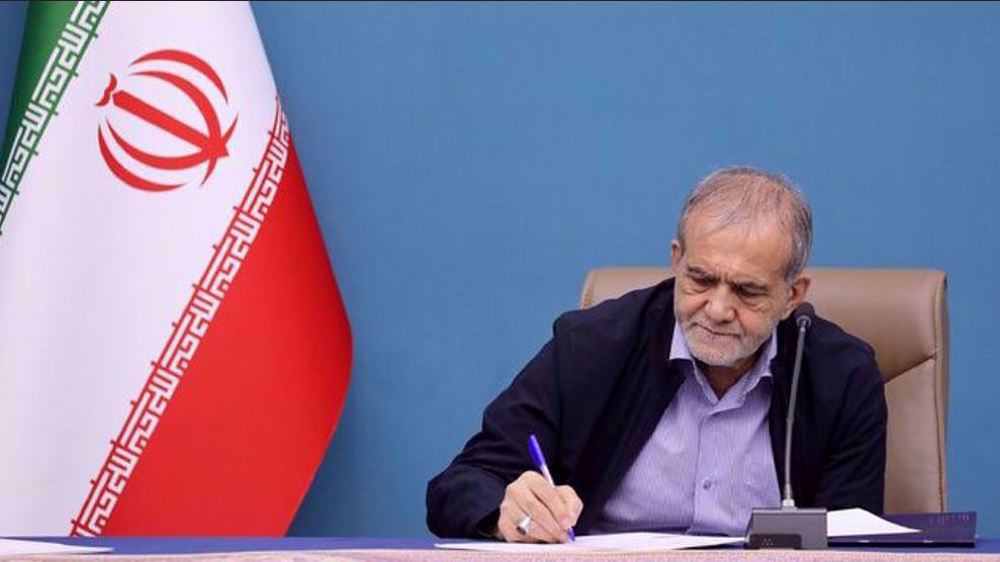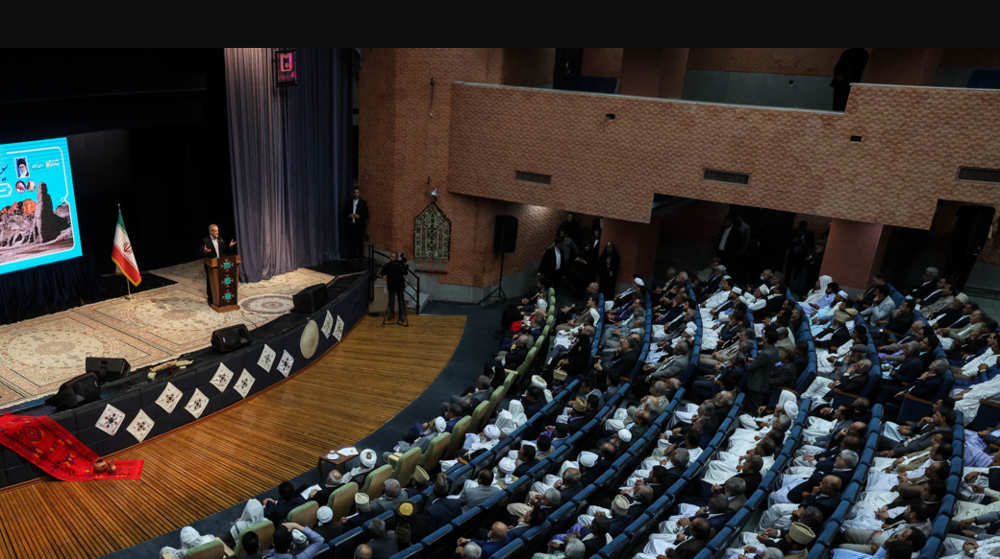Hemmati blames sanctions for ‘over half of’ Iran’s economic problems
Presidential candidate Nasser Hemmati has described the harsh sanctions imposed on Iran by the United States as one of the country’s “most fundamental problems,” blaming the restrictions for more than have of the economic woes facing the nation.
On a Sunday evening (May 30) TV show, Hemmati, generally viewed as a Moderate figure close to the Reformists, said more than 50 percent of the current economic issues had been caused by the sanctions, which he said had “abruptly” cut the country’s foreign exchange earnings to one sixth of what they had been earlier.
Under such circumstance, “it is clear that [the sanctions] are effective. How could it be said that they are not effective?” said Hemmati, who was the governor of the Central Bank of Iran (CBI) until earlier in the day.
Hemmati said he decided to enter the fray since he believed this would be “the last chance” to solve the people’s problems, without elaborating.
“The sanctions have negatively affected the prices to a great extent. The bans have had the biggest impact on the country’s economy,” he said. “Some want to deny this, but they are wrong.”
The presidential candidate, a senior economist, referred to pledges by his rivals to significantly increase cash handouts to people, saying such promises are only “populistic and could not be trusted.”
Hemmati was apparently reacting to presidential candidate Mohsen Rezaei’s pledge for an increase in cash handouts to the Iranian people from the current monthly 455,000 Iranian rials (1.9 US dollars) to 4,500,000 — an increase of 10 times.
He also defended his performance as the CBI chief and said, “I think I was successful. If I keep working as president as powerfully as before,…the country’s economic situation would definitely improve.”
Earlier on Wednesday, the administration of President Hassan Rouhani ended Hemmati’s tenure as CBI governor, days after he began campaigning for the June 18 presidential election.
The United States began to impose “the toughest ever” sanctions on Iran in May 2018, when it abandoned a multilateral nuclear deal with Iran and five other major world states.
The sanctions mainly targeted Iran’s oil exports — the country’s main source of income — and its banking sector.
The bans also affected Iran’s other exports and imports, causing the national currency to steadily lose its value for a period of time.
Many believe, however, that the country’s economic difficulties are, for the large part, due to the administration’s mismanagement.
VIDEO | Press TV's news headlines
Iran FM: Response to Israeli aggression 'inevitable'
VIDEO | Iran eases the rules for exporting hand-woven carpets
VIDEO | Intl. Day for the Elimination of Violence against Women: A stark reminder of Gaza women
Australia denies ex-Israeli minister Shaked visa
VIDEO | 85% of Yemeni displaced people face daily hunger crisis
US House passes bill targeting charities and pro-Palestine groups
VIDEO | Supporting Gaza genocide











 This makes it easy to access the Press TV website
This makes it easy to access the Press TV website